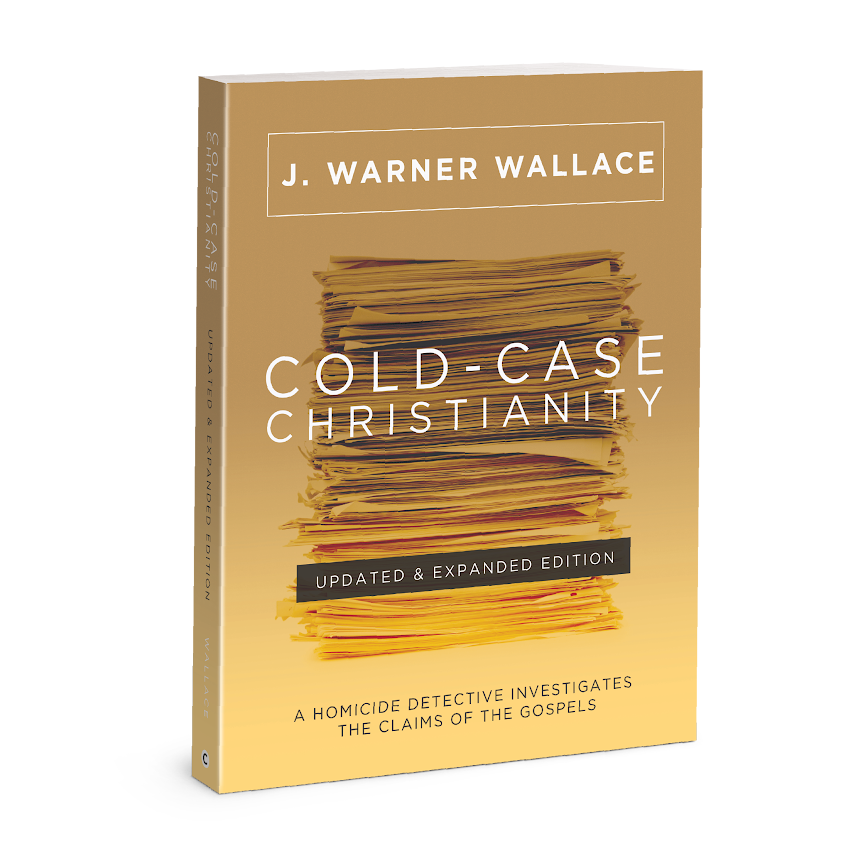Interdenominational and Interfaith Are Not the Same Thing - Greg Laurie Devotion - October 8, 2024

Tuesday, October 8, 2024
Interdenominational and Interfaith Are Not the Same Thing
Jesus told him, “I am the way, the truth, and the life. No one can come to the Father except through me.” (John 14:6 NLT)
Revelation 17 describes “the great prostitute” who will wreak havoc in the last days. The prostitute is the image John uses to refer to the one-world religion that will dominate the end times. Because of the imagery John uses, it’s hard to say what the false religion will teach. But it’s likely that it will combine the teachings of various major existing religions. Or that it will just gloss over the differences between religions and declare them all to be equally valid. Sound familiar?
It’s a message we hear a lot today: “All paths lead to God.” Instead of focusing on the differences that separate Christianity from other belief systems, we are encouraged to embrace the things we have in common: sincere faith, the desire to make the world a better place, and so on.
It’s a tempting proposition. With all the divisiveness in our world today, what’s wrong with ignoring some of the lines that separate us and finding common ground, especially when it comes to spiritual things?
There are two theological words we need to understand when we talk about this issue: interdenominational and interfaith. An interdenominational ministry bases its doctrine on the non-negotiables of the Christian faith, starting with Jesus’ words in John 14:6. But in the areas that are negotiable—such as worship style, the observance of the Lord’s Supper, and the interpretation of certain Bible passages—it breaks down the walls that separate different Christian denominations.
An interfaith ministry tries to create common ground among different religions. And here’s where we must be careful. There’s nothing wrong with Christians, Jews, Muslims, Hindus, and other religious groups working together to help people in need. But we can’t blur the lines that God’s Word establishes. Jesus said there is no other way to God—no other way to experience eternal life—than through Him. If He’s wrong on that point, how can we trust anything else He said?
There’s value in having a dialogue with people of other religions. We see that in Acts 17, where Paul takes the gospel to Athens, the cultural and intellectual center of the world at that time. Some two thousand years later, I got to do the same thing. I walked in the footsteps of Paul. I even spoke on Mars Hill, where Paul addressed the people of Athens.
Athens was an interfaith city, to say the least. It’s estimated that it housed at least thirty thousand altars to various deities. Acts 17:16 tells us that Paul was “deeply troubled by all the idols he saw everywhere in the city” (NLT). He didn’t see them as equally valid as his Christian faith. He wanted the people who worshipped those idols to know the truth about Christ. So Paul used what he’d learned about those false religions to begin a dialogue. He embraced the interfaith setting as an opportunity to share his faith. And we can do the same—as long as we understand what is non-negotiable.
Copyright © 2024 by Harvest Ministries. All rights reserved.
For more relevant and biblical teaching from Pastor Greg Laurie, go to www.harvest.org
and
Listen to Greg Laurie's daily broadcast on OnePlace.com.
Watch Greg Laurie's weekly television broadcast on LightSource.com.

Can the claims of Christianity stand up to scrutiny? Cold-case detective J. Warner Wallace applied his investigative skills to the Bible and discovered compelling evidence that led him from atheism to faith. In Cold Case Christianity, he walks through how detectives separate truth from fiction and why the Gospels pass every test. Get your copy when you give today.





